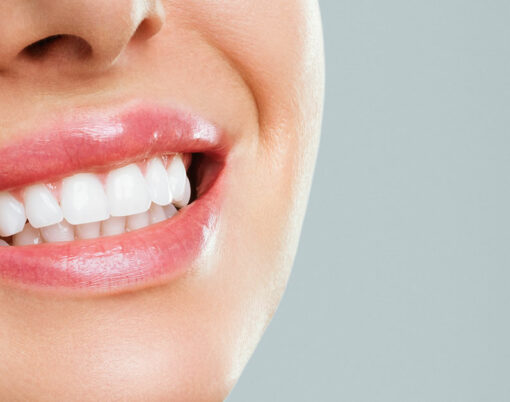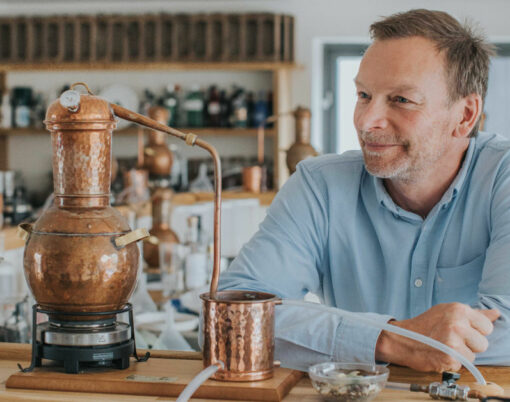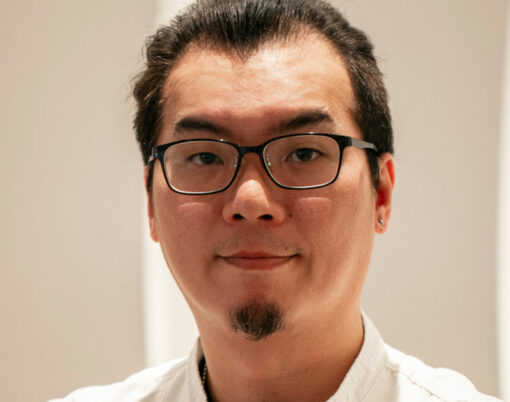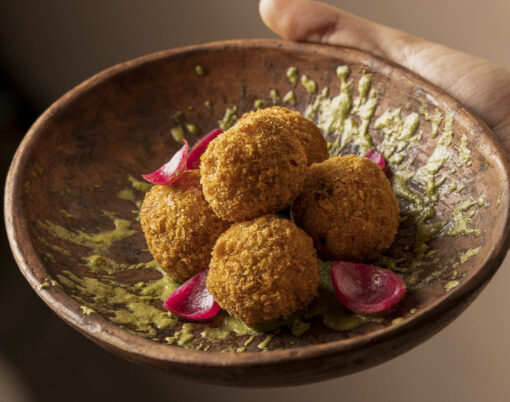Nutritional therapist and director of RK Cardiology Healthy Living Ltd, Martina Gallivan discusses an alternative approach to medication for combating chronic illnesses and disease.
The word lifestyle conjures up endless possibilities. It captures our imagination, transporting us to far flung exotic destinations. Lifestyle Medicine on the other hand is not entirely new but has only come to the forefront in recent years and particularly how it relates to medicine of the future.
Now, we all know how physicians treat patients. Usually they prescribe medication that is part of the process for effective treatment. This is undisputable and proven to work most of the time. It makes utter sense. The doctor prescribes a pill to go with the symptom: the symptom improves, and the condition dissipates.
But what if there was another way? The concept of Lifestyle Medicine works by implementing fundamental lifestyle changes we can make to reverse, and possibly prevent, chronic illness and disease. This includes what we eat and drink, managing stress, weight maintenance, increasing exercise, and reducing alcohol intake.
Let’s take food as an example. Humans use food as fuel for the body, therefore, doesn’t it make sense that if we eat well it will also have a direct effect on the body? Everybody knows that eating healthily is important for longevity of our personal health. We hear it every day. But what if you became aware that by eating the right foods at the right times and, crucially, in the correct quantities, that you could reverse heart disease, cholesterol, hypertension, type 2 diabetes along with a whole host of other illnesses. That’s where Lifestyle Medicine is being taken more seriously by medical practitioners.
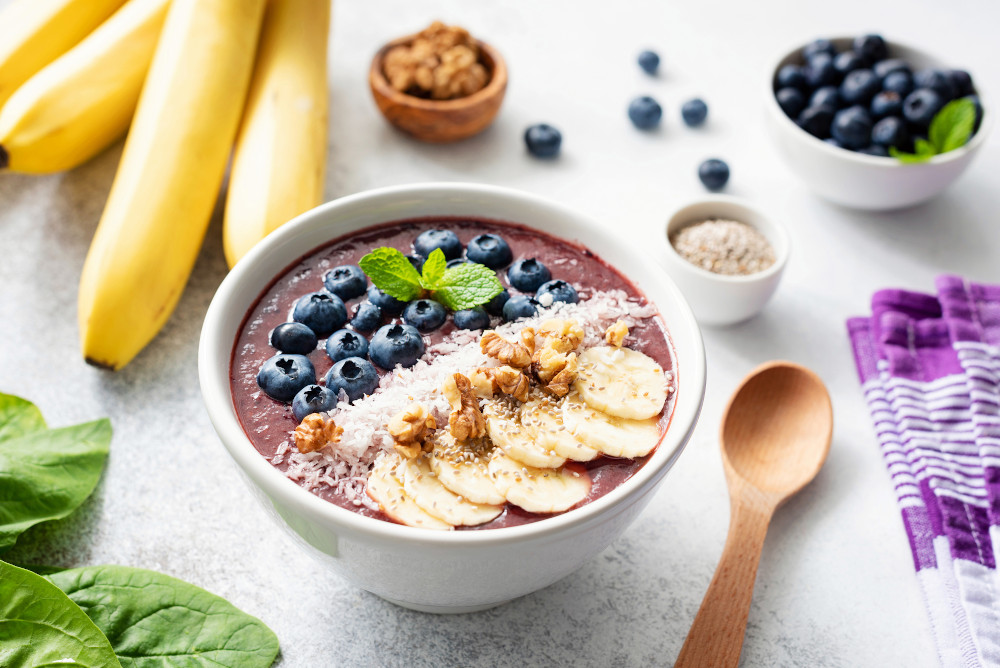
In my clinics, I have dealt with hundreds of clients who have successfully managed to reduce and reverse disease and illness purely by changing the composition of their dietary intake through our specific instruction.
Countless clinical trials have proven there is substantial merit in reducing dependence on certain food types that create specific inflammatory markers triggering illness and disease. A consistent high sugar, high fat diet has been associated with an increased risk of cardiovascular disease. By its definition, CVD encompasses all heart related diseases including atherosclerosis, angina, myocardial infarction, congestive heart failure, stroke and hypertension.
In reality we all delight in eating foods which bring joy to our lives. Essentially, we like to eat beautifully presented rich calorie laden foods lovingly prepared, preferably by a Michelin star chef. However, if we continuously eat this way there are likely to be health consequences.
My patients include global executives with demanding roles and responsibilities for key territorial performance. They were used to living an opulent high-flying lifestyle before COVID-19 happened. And some, unfortunately, have discovered, to their peril, the shock of lying in theatre with a cardiologist inserting a stent to dilate a blocked artery.

It is at this momentous occasion that suddenly the spectre of life versus death begins to surface. Panic slowly wafts over the patient as they wish they managed their health differently. If only they could have another chance at undoing all of this, their personal pledge would be to get well, get healthy and enjoy the rewards of their success. But they can, and we have seen the overwhelmingly successful results. Lifestyle Medicine encompasses many compartments of our life but the first and foremost way you can begin to change is to start sowing the seeds of eating well and to practice this on a daily basis.
Research in this field is abundant and there are solid evidential medical case studies to clarify this theory. Conducting my own research over the years left me in no doubt that amendments in dietary intake can have surprisingly positive results.
Radical changes are unnecessary if you rethink how you are eating. My advice would be to opt for anti-inflammatory foods, in other words, good fuel foods. Consume healthy sources of protein, for example: If you are eating animal proteins such as meat and poultry, try to ensure they are organic. Oily fish is a great source of Omega 3 – an essential fatty acid required for the body – with examples being salmon, mackerel, sardines, trout or herring. Nuts and seeds are enriched sources of vitamins and minerals, walnuts are good for heart health, Brazil nuts for selenium and eggs are high in zinc and B vitamins.
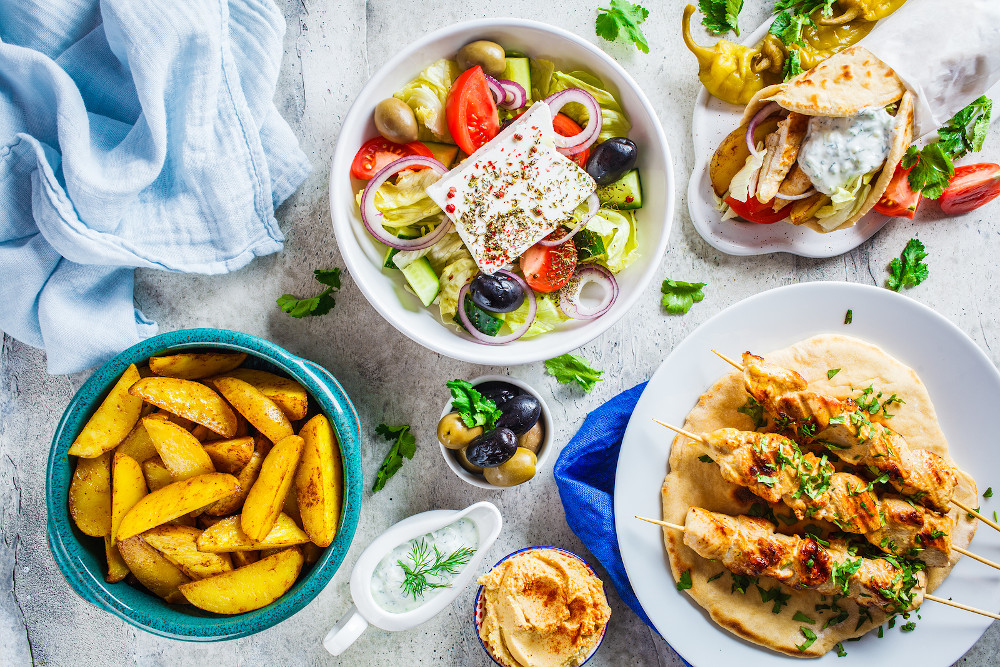
It’s important to consume plenty of fresh fruit and vegetables, as they are packed full of vitamins, minerals and fibre and they are also full of antioxidants and phytochemicals. Onions are a great natural antibiotic, good for the cardiovascular system they help to lower LDL (bad cholesterol) and increase HDL (good cholesterol.) Stewed apple is a good prebiotic to enhance the gut microbiome, while berries are low in sugar but high in antioxidants.
Of course, we all need fat as part of a balanced dietary intake but do ensure you are eating the right types. Avocado, nuts, seeds and good quality olive oil are all beneficial for heart, bone and skin health. Pure distilled water is good for cleansing the system so aim to drink two to three litres per day, this is great for cognition and flushing toxins from the body.
These suggestions are nuggets of information to help you get started on your personal pathway for change. Critically you would never dream of putting rancid oil into your new luxury car so why on earth would you do it to your body?
Martina Gallivan is a Nutritional Therapist and Director of RK Cardiology Healthy Living Ltd. If you are interested in learning more about health and lifestyle medicine for you or your family, contact her at martina@roseville.ie.














